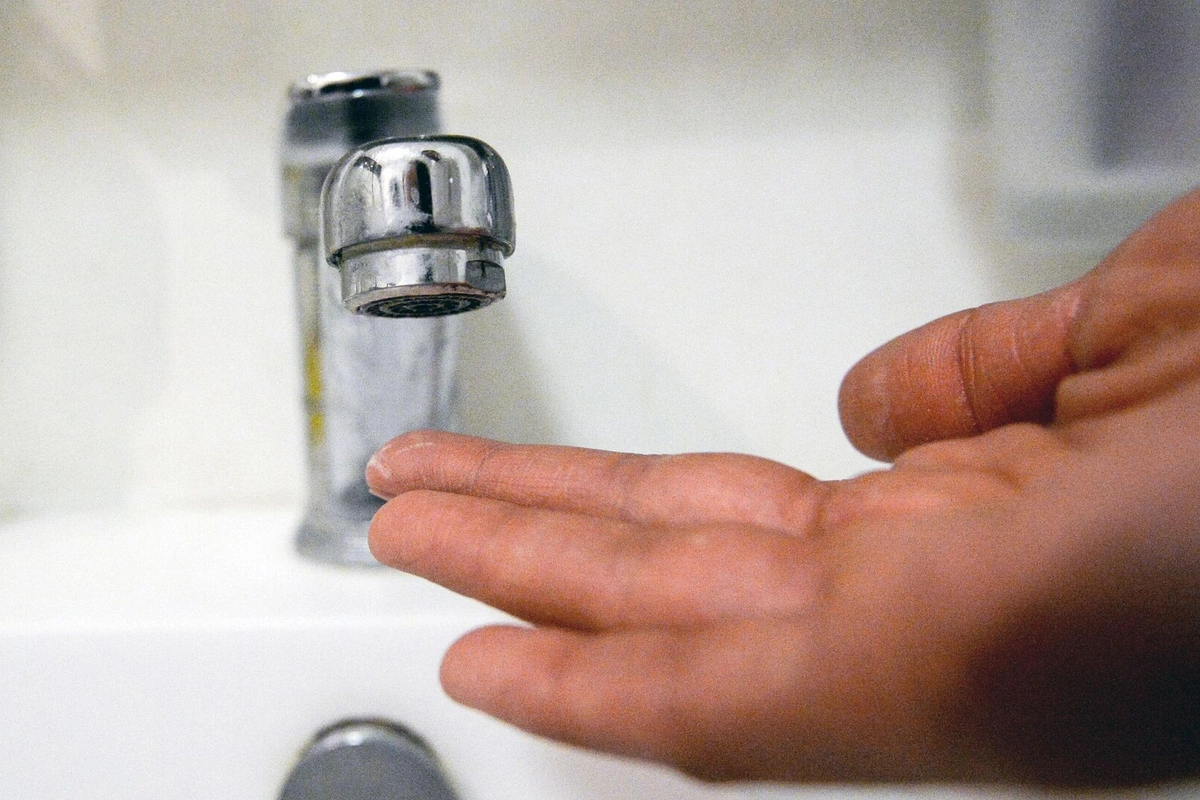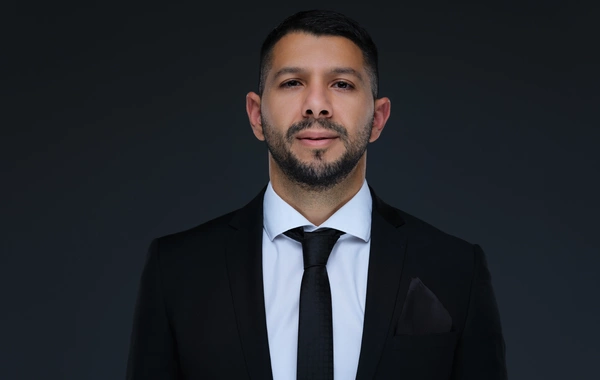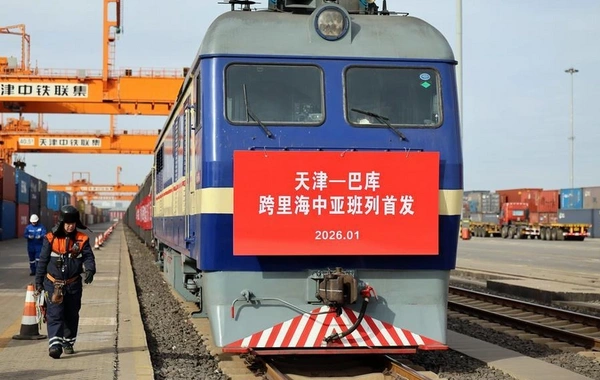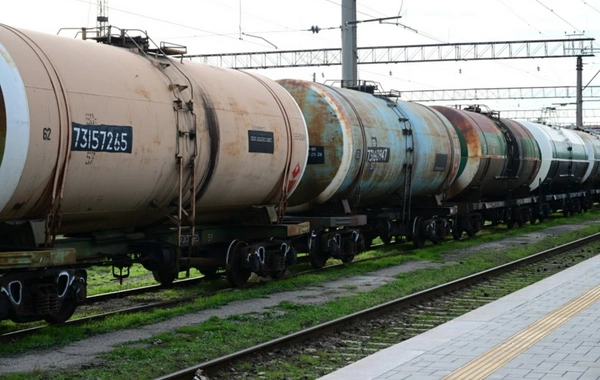Why is there a growing water shortage in Azerbaijan?

In recent days, residents of Baku have faced serious water supply disruptions, which has caused a wave of discontent among the population. People complain about the lack of water for long hours, and in some cases - even for several days. The problem has affected not only the capital but also various regions of the country. If previously Azerbaijani rivers were full-flowing, today their levels have noticeably decreased, and many springs have completely dried up.
As reported by BAKU.WS with reference to Bizim Media, official structures explain the situation by seasonal increase in water consumption during the summer period. However, the observed facts indicate a deeper problem - even in traditionally water-abundant mountainous areas, there is an acute shortage of moisture.
According to ecologist Anvar Aliyev, the main reason is related to the end of the precipitation period, characteristic of late spring and early summer, as well as the intense heat established in the country. This has sharply increased the demand for water from the population, agriculture, and livestock farming.
As one of the solutions, the specialist suggests building dams on major rivers and creating a system for collecting surface waters. "Azerbaijan has a lot of surface water, especially in the pre-spring period. These waters overflow the rivers and then quickly recede. In areas from Balaken to Gusar, there are rivers that carry these waters to the Kura, and further to the Caspian Sea," the ecologist explained.
Aliyev recalled the already implemented project of a reservoir on the Agsu River with a volume of 28.5 million cubic meters, thanks to which it became possible to irrigate 9 thousand hectares of land. According to him, similar projects on rivers from Girdyman to Balaken and from Pirsaat to Gusar could significantly improve the water supply situation.
The ecologist also pointed out the need to modernize irrigation systems. According to him, they are in a deplorable state and require the introduction of modern technologies. "New systems allow precise regulation of water supply depending on plant needs. Automated irrigation systems provide more rational use of water resources and do not require constant human intervention," he noted.
Separately, the expert touched on the problem of overpopulation in the capital. According to him, the energy, transport, and water infrastructure of Baku is designed for a maximum of one million people, while in fact, 2-3 times more people live in the city. "People are abandoning agriculture and moving to the capital. In addition, construction in Baku is carried out around the clock. All this increases the load on the water supply," Aliyev emphasized.
He also reminded that the capital is located in a semi-desert climate zone, and drinking water comes from sources located 200-300 kilometers away. However, according to him, water in the country is used not only for drinking but also for washing cars and watering plants. "In world practice, such wasteful water use is an extremely rare phenomenon," the ecologist concluded.
Similar News
Development of the travel industry: With the power of passion and digital impact
BAKU.WS presents an interview with the head of "Fahri Travel," Fahri Mamedli: - Fahri, how did your journey in the tourism sector begin? It all started with my...




 Azərbaycanca
Azərbaycanca  По-русски
По-русски  English
English 






